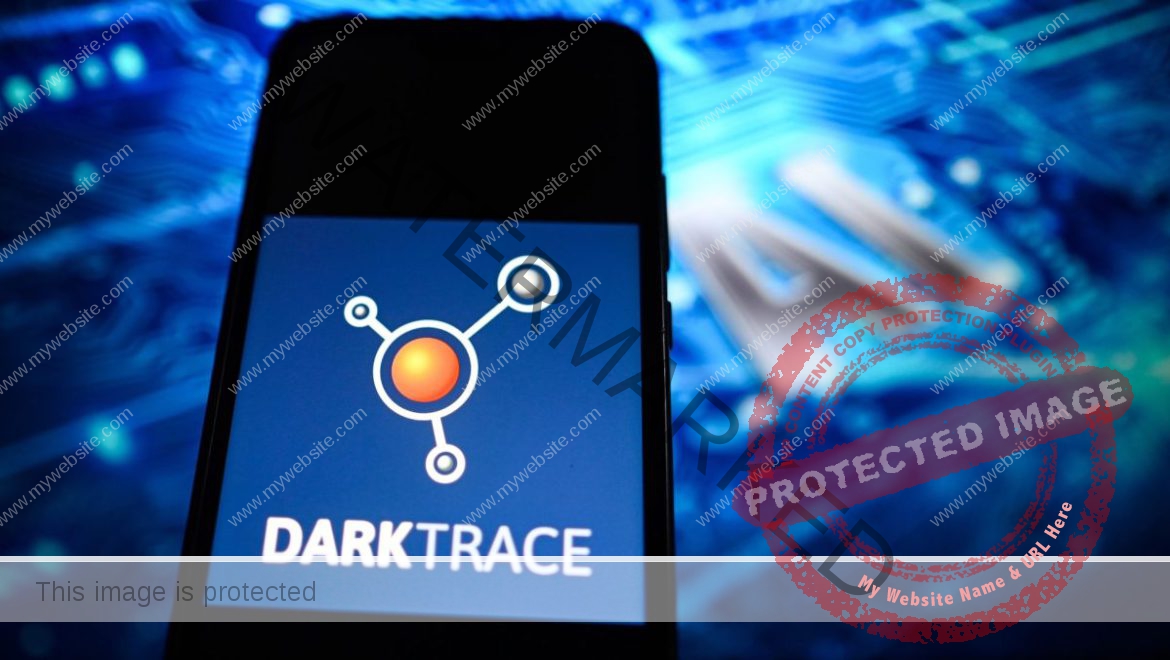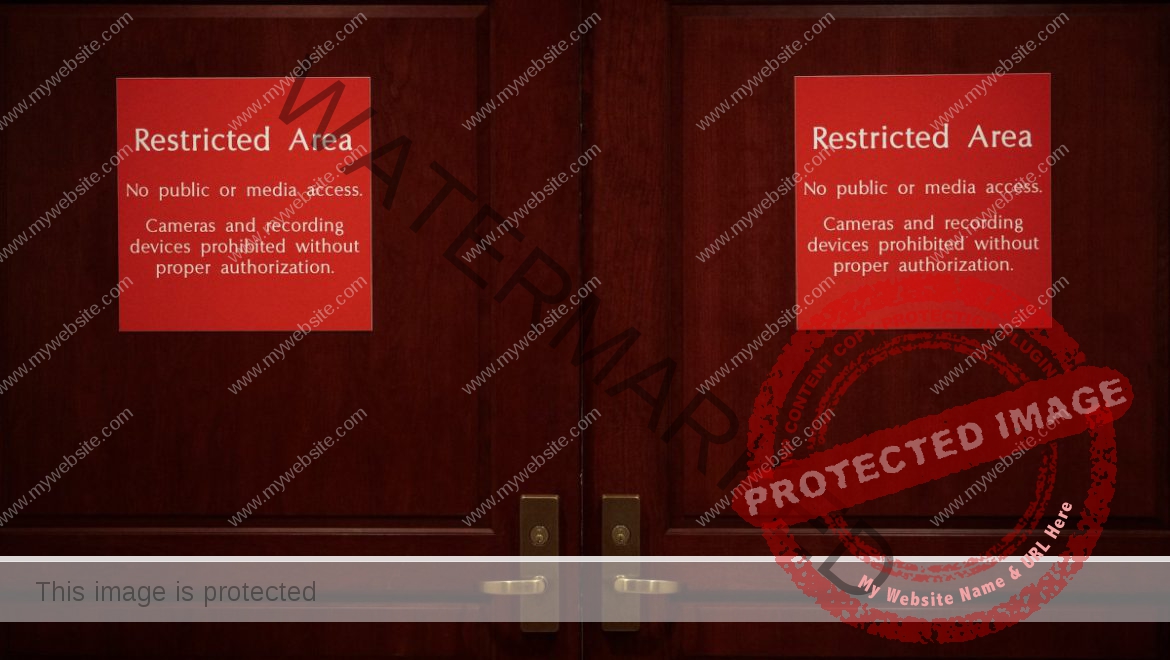Thoma Bravo to take UK cybersecurity company Darktrace private in $5B deal | TechCrunch
Darktrace is set to go private in a deal that values the U.K.-based cybersecurity giant at around $5 billion.
A newly-formed entity called Luke Bidco Ltd, formed by private equity giant Thoma Bravo, has tabled an all-cash bid of £6.20 ($7.75) per share, which represents a 44% premium on its average price for the three-month period ending April 25. However, this premium drops to just 20 percent when juxtaposed against Darktrace’s closing price yesterday, as the company’s shares had risen 20% to £5.18 in the past month.
Founded out of Cambridge, U.K., in 2013, Darktrace is best known for AI-enabled threat detection smarts, using machine learning to identify abnormal network activity and attempts at ransomware attacks, insider attacks, data breaches, and more. The company claims big-name customers including Allianz, Airbus, and the City of Las Vegas.
After raising some $230 million in VC funding and hitting a private valuation of $1.65 billion, Darktrace went public on the London Stock Exchange in April, 2021, with an opening-day valuation of $2.4 billion. Its shares hit an all-time high later that year of £9.45, and plummeted to an all-time low of £2.29 last February. But they had been steadily rising since the turn of the year, and hadn’t fallen below £4 since the beginning of March.
The full valuation based on Thoma Bravo’s offer amounts to $5.3 billion (£4.25 billion) on what is known as a full-diluted basis, which takes into account all convertible securities and is designed to give a more comprehensive view of a company’s valuation. However, the enterprise value in this instance is approximately $4.9 billion (£4 billion), which includes additional considerations such as debt and cash positions.
Take-private
There has been a swathe of “take-private” deals of late, with Vista Equity this month announcing plans to acquire revenue optimization platform Model N in $1.25 billion deal — its fifth take-private deal in 18 months. And last month, Thoma Bravo revealed it was taking critical event management software company Everbridge private in $1.8 billion transaction.
In an investor relations’ document published today, Thoma Bravo said that iDarktrace represented an “attractive opportunity to increase its exposure” to the fast-growing cybersecurity market.
“Darktrace is at the very cutting edge of cybersecurity technology, and we have long been admirers of its platform and capability in artificial intelligence,” Thoma Bravo partner Andrew Almeida said. “The pace of innovation in cybersecurity is accelerating in response to cyber threats that are simultaneously complex, global and sophisticated.”
Separately, Darktrace said it had previously rebuffed approaches from Thoma Bravo on the grounds that the offers were too low — something that the duo have now clearly resolved with the amended bid.
“The proposed offer represents an attractive premium and an opportunity for shareholders to receive the certainty of a cash consideration at a fair value for their shares,” Darktrace chair Gordon Hurst said. “The proposed acquisition will provide Darktrace access to a strong financial partner in Thoma Bravo, with deep software sector expertise, who can enhance the company’s position as a best-in-class cyber AI business headquartered in the U.K.”
The deal is of course still subject to shareholder approval, but the companies said that they expect to complete the transaction by the end of 2024.
















